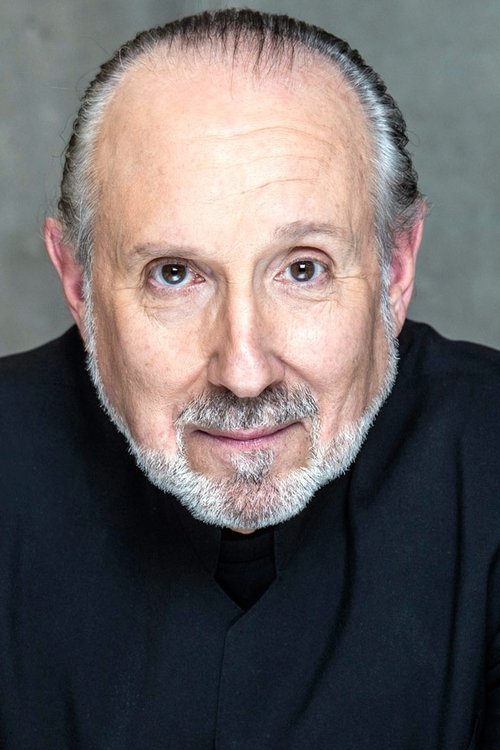Neil Shicoff (born June 2, 1949) is an American opera singer and cantor and known for his lyric tenor singing and his dramatic, emotional acting.
Neil Shicoff was born in Brooklyn, New York. He studied at the Juilliard School of Music, with his father, the hazzan Sidney Shicoff and others, including Franco Corelli in the early 1980s. He sang in small theatres in New York before music school, including a Don Jose in Bizet's Carmen at Amato Opera and small roles at Juilliard, and was an apprentice at the Santa Fe Opera in the summer of 1973. His professional debut as a tenor lead in a major opera house was in the title role in Verdi's Ernani, conducted by James Levine in Cincinnati in 1975.
In 1976, Shicoff made his debut at the Metropolitan Opera as Rinuccio in Gianni Schicchi conducted by Levine. Shicoff was then engaged by the Met where he appeared in Rigoletto, La Bohème, Der Rosenkavalier, and Werther, which was to become one of his signature roles. He soon sang in the major opera houses in the U.S. and Europe, winning great notices and recording some of his roles. Shicoff experienced severe stage fright well into his career, which caused him to cancel a number of performances. He was known to be a perfectionist, carefully researching and preparing each role, both dramatically and vocally.
In 1978, Shicoff married fellow Juilliard graduate, lyric soprano Judith Haddon. After the death of his mother in 1984, Shicoff suffered emotional problems, technical vocal difficulties and increasing performance anxiety. He cancelled numerous performances, and by the end of the 1980s he had developed a reputation for unreliability.
Shicoff continued singing at the Met until 1990 when he appeared in the title role of Faust (opera). However, in 1991 he left America, fleeing the stresses and headlines engendered by his ongoing divorce proceeding and custody battle concerning his daughter, into a self-described European exile. He lived for three years in Berlin, then Zürich, performing throughout Europe (with a handful of appearances in Buenos Aires), and he slowly rebuilt his reputation for reliability. He appeared at Vienna State Opera, La Scala, Paris Opera, Covent Garden, Berlin's Deutsche Oper, Bavarian State Opera, Zurich Opera House and numerous other opera houses and concert halls throughout Europe.
By 1997, Shicoff and Haddon finally reached a divorce settlement. Their final decree left Shicoff free to marry soprano Dawn Kotoski, with whom he had lived since 1990, and to renew his relationship with his daughter, Aliza. Shicoff also returned to the Met, as Lensky in Eugene Onegin. His last performance at the Met was in 2006 when he appeared as Rodolfo in Luisa Miller. By then he had appeared with company over 200 times in 20 roles. ...
Source: Article "Neil Shicoff" from Wikipedia in English, licensed under CC-BY-SA 3.0.
More »
